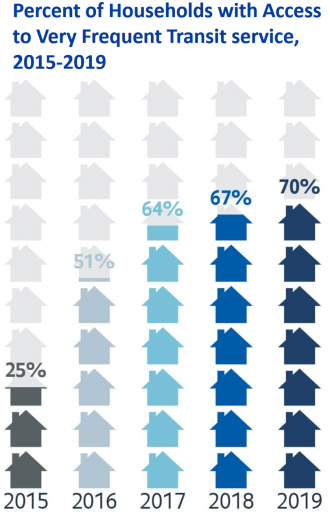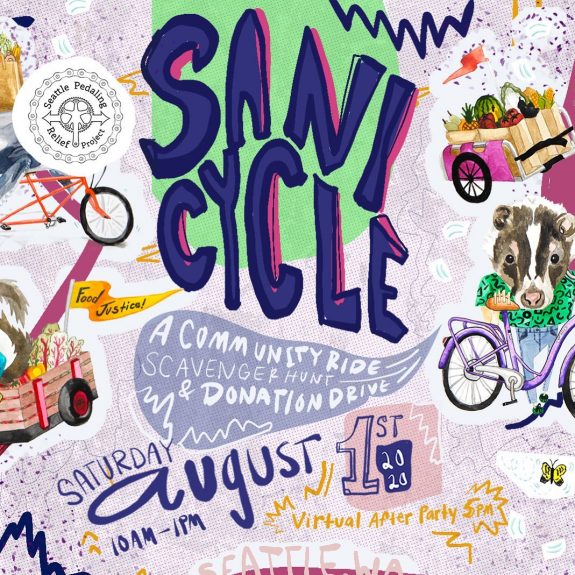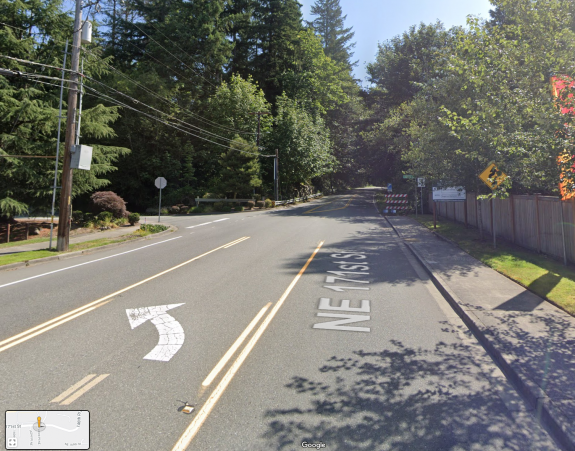
Transit is getting cut. But Seattle voters will have the chance in November to make the cuts less awful by approving the Seattle Transportation Benefit District’s (“STBD”) sales tax measure.
As we reported previously, state legislators and the court-pending voter approval of 2019’s I-976 have put the city in a very tough spot. Seattle voters approved the STBD by a wide margin in 2014, improving transit frequency and investing in transit access programs like the ORCA Opportunity Program to provide free transit to public school students. The 2014 measure expires at the end of the year and included a 0.01% sales tax and a $60 vehicle license fee, but the license fee portion is now wrapped up in the courts after Washington voters approved I-976. That initiative would have limited license fees to $30, though Seattle, King County and others are challenging its constitutionality.
But with the court case still ongoing, putting a new car tab measure on the ballot was not a significant part of the discussion for the 2020 measure. And because the state legislature did not provide transportation benefit districts with any new revenue options, Seattle is forced to go to the ballot with a regressive sales tax.
But while sales tax is regressive, hitting low-income folks the hardest because they don’t have the luxury of saving their money, cutting transit is also regressive, taking time and mobility away from people who rely on transit to get around.
The initial proposal from Mayor Jenny Durkan and City Council Transportation Chair Alex Pedersen would have only renewed the 0.1% sales tax, effectively cutting the measure in half or worse depending on the economic fallout from the pandemic. The 2014 measure had been bringing in about $56 million per year. The Durkan/Pedersen version would have brought in $20-$30 million per year.
Councilmember Tammy Morales championed the idea that the city should max out its funding capability allowed under state law and proposed a 0.2% sales tax. This would have gotten close to maintaining current funding levels, though of course at the cost of furthering our reliance on sales tax. Her amendment barely failed with Councilmembers Kshama Sawant, Teresa Mosqueda and Dan Strauss joining Morales in a 5-4 defeat.
Instead, Council President Lorena González proposed a halfway compromise of a 0.15% sales tax, and that effort passed 8-1 with only Councilmember Pedersen opposed. So this is the version that will go to voters. If approved, the measure would bring in an estimated $39 million per year, the Urbanist reported. Still a significant cut, but not as bad as the original proposal. (more…)









